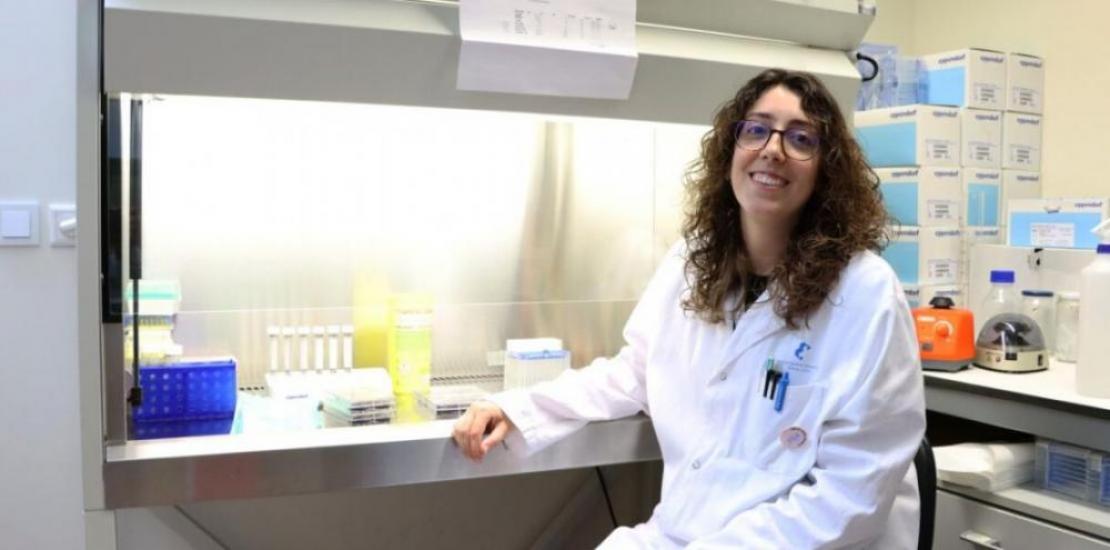UCAM researcher will study new advances against colorectal cancer in New York
She has won one of the 16 Fulbright grants awarded by the US to Spain to achieve new advances against this tumour, which has the second highest mortality rate in the world
Ana Albaladejo González, UCAM PhD student and member of the 'Genetics, Molecular Pathology and Rare Diseases’ research group, has been honoured with one of the prestigious fulbright grants which is awarded to only 16 PhD students in Spain to complete their research at centres of excellence in the United States. Thanks to it, she will spend six months at Weill Cornell Medicine in New York, starting in September, where she will research new gene-editing techniques applied to the treatment of colorectal cancer.
During her stay she will work with organoids (three-dimensional cell models generated in the laboratory), which simulate the behaviour of human organs, to modify genes involved in tumour development and observe how they affect cell behaviour. Her research focuses primarily on serous adenocarcinoma, one of the most aggressive subtypes of colorectal cancer, and on the protein fascin, a key molecule in metastasis processes.
The aim is to study how their presence influences tumour progression and whether their control could open the door to more effective treatments.
‘The Fulbright grant is a great opportunity to enhance my development as a researcher, as a stay abroad at an institution of excellence will give me access to resources and knowledge that will enrich my research in colorectal cancer. Learning about new tools, such as gene editing techniques, which allow us to eliminate or increase the production of the fascin protein, could help us understand how it interacts with the tumour environment and favours its progression, which would open the door to more specific treatments targeting this protein,’ said researcher Ana Albaladejo.
Colorectal cancer is one of the most common cancers in the world and the second leading cause of cancer deaths. Through this research, Ana Albaladejo seeks to better understand the molecular mechanisms that make some tumours more invasive or resistant to current therapies. With the techniques she will perfect in the US, such as CRISPR/Cas9, she hopes to contribute to the development of new therapeutic strategies that will improve the prognosis of patients with the most aggressive forms of this disease.




